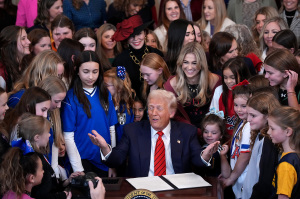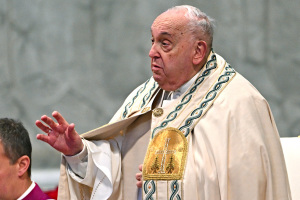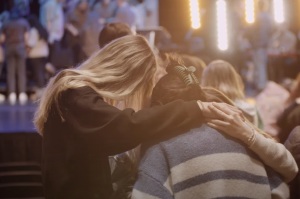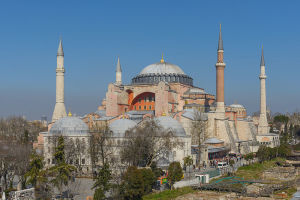Vanderbilt University and Political Correctness
Vanderbilt University was founded in 1873 by the Methodist Church. In 1914, the school and church severed ties (leading Methodists to create Southern Methodist University in Dallas). Last year, Vanderbilt forced the Christian Legal Society on its campus to remove Bible verses and the words "Jesus Christ is Lord and Savior" from its constitution. Now the university has stated that Christian groups cannot have guidelines requiring specific beliefs for their leaders.
According to administrators, their nondiscriminatory policy ensures that campus groups are open to all students. Carol Swain, a law professor at Vanderbilt, counters that prohibiting Christian groups from requiring Christian beliefs of their leaders violates their purpose and rights. She argues that "political correctness is running amuck on campus and it's constraining one group – and that group tends to be conservatives."
In a related story, the Washington, D.C. Office of Human Rights is investigating allegations that Catholic University violates the rights of Muslim students by not providing them rooms without Christian symbols for their daily prayers. Each room open to students displays a crucifix, a painting of Jesus, or another Christian emblem. A law professor at George Washington University Law School filed the complaint on behalf of Muslim students, claiming that they are offended by this lack of non-Christian rooms.
Here are my questions: Could a Christian require an Islamic university to provide non-Muslim rooms for Christian use? Where do we draw the line once a faith-based university is required to remove elements of its faith in deference to those who choose to attend its classes but do not share its beliefs? Could a Christian university one day be forced to change any practice or symbol that a student finds offensive? Could it be made to hire an atheist to teach religion?
To me, the conflicts at Vanderbilt and Catholic University are further examples of our culture's rejection of objective truth. If all beliefs are equally valid, or invalid, none can take precedence over others. The good news is that the gospel doesn't require official sanction. In fact, Christianity typically thrives when it is most persecuted. Tertullian (died A.D. 225) was right: the blood of the martyrs is the seed of the church.
When Christians were a mistreated minority in the Roman Empire, within a generation they "turned the world upside down" (Acts 17:6, KJV). When Communist despots in China expelled Christian missionaries and made the faith illegal, the church grew ten thousand-fold in a generation. Despite persecution, the church in Cuba has grown by a million converts in the last decade.
A candle is most visible in the dark (Matthew 5:14-16). The more sacrificial your witness, the more powerful its effect. What price will you pay for following Jesus today?





























